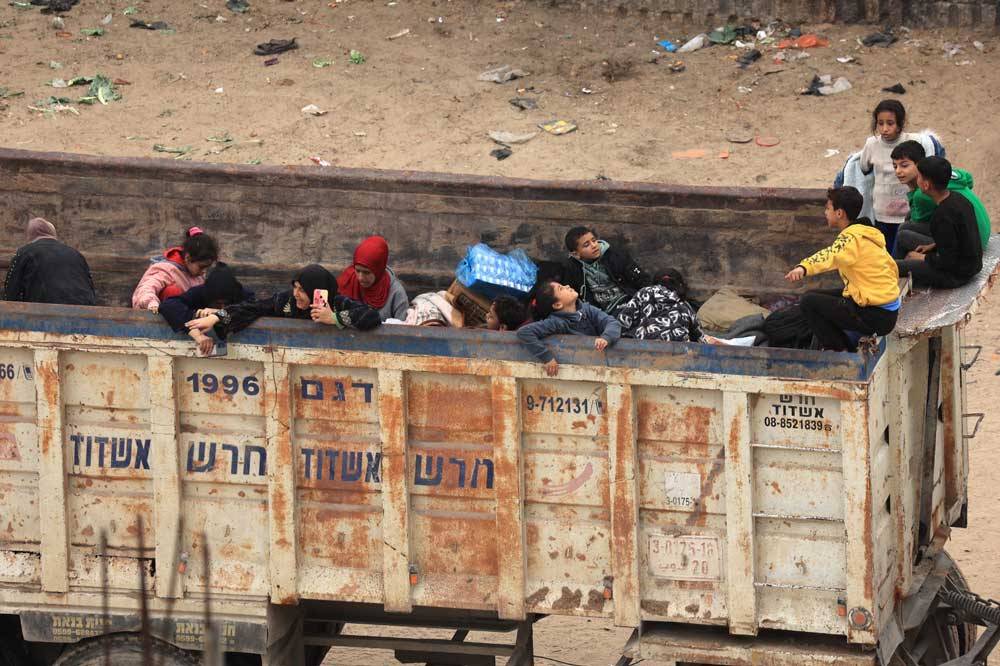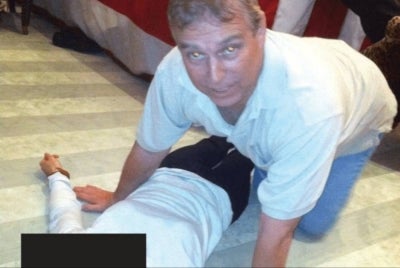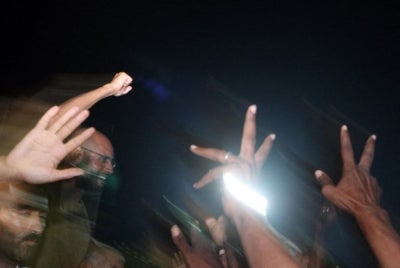Gaza is reaching 'humanity's darkest hour' - WHO

GENEVA - The World Health Organisation (WHO) said the situation in the Gaza Strip is worsening and approaching humanity's "darkest hour”.
WHO's representative in the occupied Palestinian territories, Richard Peeperkorn, told reporters in Geneva on Tuesday, via a video link from Rafah in the southern Gaza Strip, that the number of people moving from central and southern Gaza was "vastly increasing”, reported Palestine News and Information Agency (WAFA).
"The situation is getting worse by the hour. There is intensified bombing going on all around, including here in the southern areas," said Peeperkorn.
"People are desperate and almost in a permanent state of shock. We are close to humanity's darkest hour," he said, adding that the bombings and senseless loss of lives must stop.
"This should be our top priority, to get a sustained line of medical and trauma supplies, and essential drugs into Gaza."
Peeperkorn said the amount of aid that the WHO had managed to bring into Gaza was "way too little".
Out of the 36 hospitals in the Gaza Strip, only eighteen are operating in some capacity. Three are providing basic first aid only, while the rest offer partial services.
Notably, twelve of these functioning hospitals are situated in the southern region. Currently, there are 1,400 available hospital beds in the Gaza Strip, falling significantly short of the 5,000 beds the WHO asserts are necessary.
Peeperkorn said that since the start of the war, there have been 120,000 acute respiratory infections; close to 26,000 people with scabies and lice; 86,000 cases of diarrhoea, including 44,000 among children aged under five, which he said was 20 to 30 times higher than could be expected.
Meanwhile, about 1,150 cases of jaundice have been recorded, along with cases of chickenpox, skin rashes and meningitis.
At least 16,248 Palestinians have been killed and more than 43,616 wounded in the relentless Israeli air and ground attacks on the enclave since Oct 7. - BERNAMA
Download Sinar Daily application.Click Here!














